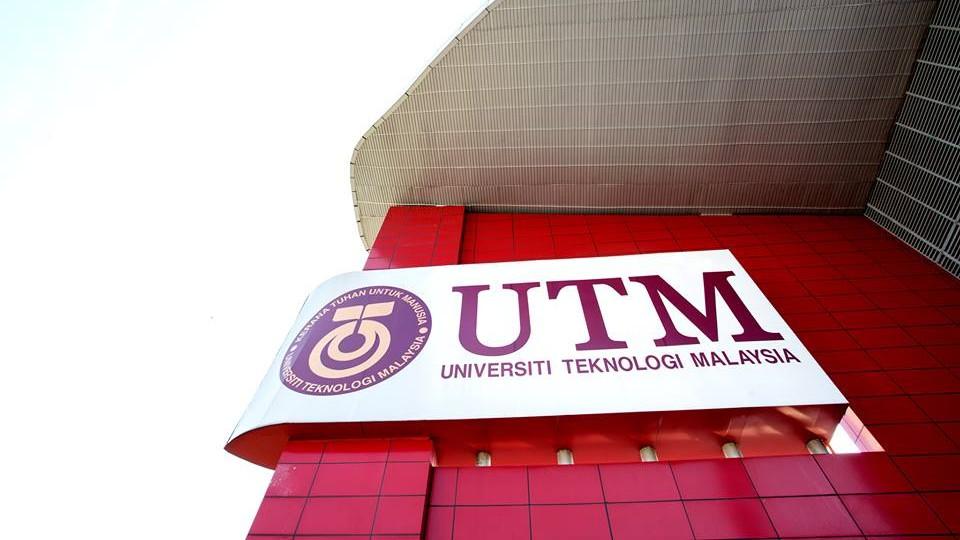Malaysian university investigating leaked slides claiming Islam introduced ‘manners and cleanliness’ to Hindus
Slides also claim Sikh faith combined Islam and Hinduism, as politician calls for national religious and cultural studies centre for students

The head of one of Malaysia’s oldest universities has announced there will be a “thorough investigation” after it came under fire when a set of controversial religious education slides leaked online.
The slides, part of Universiti Teknologi Malaysia’s (UTM) Islamic and Asian Civilisation Studies course, reportedly claimed Islam introduced “manners and body cleanliness” to early followers of Hinduism.
According to Indian broadcaster NDTV, the slides also claimed Hindus consider dirt on their bodies “as part of their religious practice to achieve nirvana,” and that the early foundations of the Sikh faith came about after founder Guru Nanak combined Islam and Hinduism, something he had a “shallow understanding” of.
In a public statement, UTM vice-chancellor, Dr Wahid Omar, expressed his “utmost regret and deep remorse for the lack of sensitivity on the part of our lecturers” teaching the subject.
Referencing “specific slides shown on social media,” Dr Omar said the language used “does not reflect the true content of the subject matter in question,” adding they were not part of the Massive Open Online Courses (Moocs) slides endorsed by the Ministry of Higher Education.
He continued: “UTM has its code of ethics as a guide to all academic staff which clearly stresses on the need to uphold true values and nobility of character in order to instil the right mindset and principles among staff and students, while encouraging respect for one another and inculcating understanding among diverse cultures, creed, and religion.
“To prevent a recurrence of this incident, UTM will ensure our lecturers only use the slides that have been endorsed by the ministry. We will also engage experts of Asian civilisation to provide input when needed. At the same time, we will continuously remind our academics to be more vigilant in future and be more aware of the language and presentation of content on their teaching slides and modules so as not to touch on sensitivities of others.”
According to the latest census figures, just over 61 per cent of Malaysia’s overall 30.5 million population is Muslim, while just 6.3 per cent is Hindu.
Sivarraah Chandran, a politician from the Malaysian Indian Congress, said the country needs an independent centre for the study of religion and culture to “avoid such silly mistakes.” He added in a statement: “Such errors should not be repeated as they can cause confusion and hurt in many segments of society, not just students. These are derogatory comments on Hindus and Sikhs.
“All teaching materials should have been thoroughly vetted for accurate facts and should not have been blindly accepted for publication.”
The course in question, also known as TITAS, created controversy in 2013 when it became compulsory teaching in all of Malaysia’s public universities, regardless of students’ religious beliefs.
According to University World News, the issue has been a “highly emotive” one, with critics accusing the government of “creeping Islamisation” into Malaysian society.
Join our commenting forum
Join thought-provoking conversations, follow other Independent readers and see their replies
Comments
Bookmark popover
Removed from bookmarks